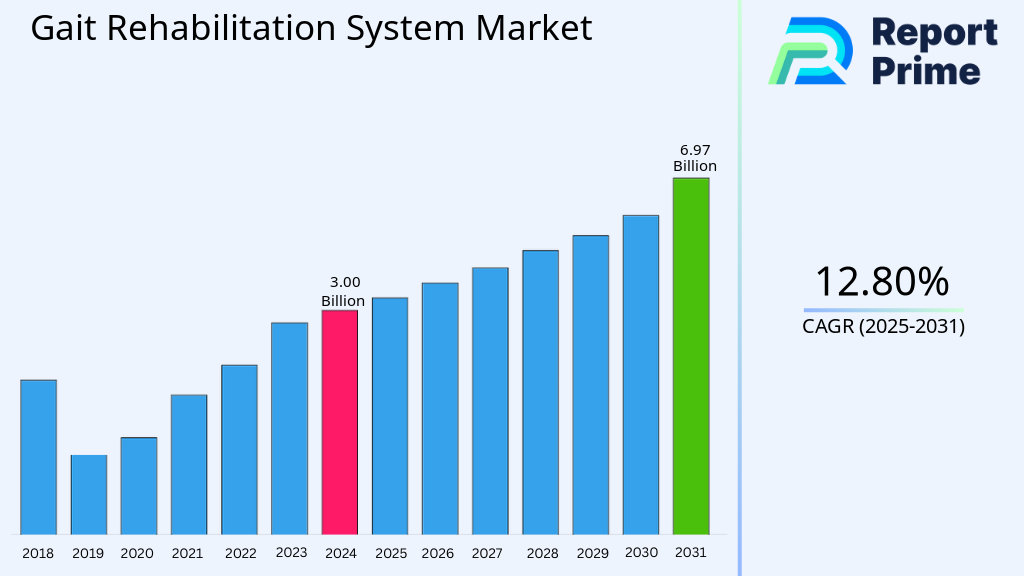The smart contracts in healthcare market are gaining momentum as healthcare providers and insurers embrace blockchain technology to improve transparency, reduce administrative costs, and ensure data integrity. The growing need for secure data sharing, automation in claims processing, and patient-centric care models is accelerating the adoption of smart contracts. As healthcare systems move toward digital transformation, smart contracts offer a reliable solution to streamline workflows and enhance trust among stakeholders.
More info clicks here:
Smart Contracts in Healthcare Market Segments
By Market Type
Public Blockchain
Public blockchains offer a decentralized and transparent infrastructure ideal for cross-institutional collaboration. They enable patient data sharing across providers with verifiable and immutable transaction logs, reducing fraud and improving access.
Private Blockchain
Private blockchains are controlled by specific organizations, providing increased privacy and performance. These are often used for internal operations like supply chain management, billing automation, and secured communication among stakeholders.
Consortium Blockchain
A hybrid model where multiple authorized entities manage the network. Ideal for alliances between insurers, hospitals, and pharmaceutical companies, enabling collaborative data management while maintaining control and confidentiality.
By Application Type
Patient Data Management
Smart contracts help in managing electronic health records (EHR) securely, ensuring access only to authorized parties and improving data traceability and interoperability.
Billing and Claims Processing
Automating claims and billing with smart contracts reduces administrative overhead, eliminates errors, and ensures quicker reimbursements through predefined rules and automatic execution.
Clinical Trials and Research
Used to track consent, manage trial protocols, and ensure the validity of data in research processes, smart contracts improve transparency and compliance with regulatory standards.
Drug Supply Chain Management
Smart contracts enhance traceability and prevent counterfeit drugs by tracking drug movements from manufacturer to patient, ensuring authenticity and compliance throughout the supply chain.
Regional Insights
North America holds the largest market share, driven by early adoption of blockchain, supportive regulatory frameworks, and the presence of major healthcare technology companies. Europe follows closely due to stringent data privacy laws like GDPR and increasing focus on healthcare digitization. Asia Pacific is witnessing rapid growth fueled by expanding healthcare infrastructure and governmental push for technological adoption, particularly in countries like India, China, and Singapore. Latin America is gradually integrating smart contracts into public healthcare systems, while the Middle East & Africa show potential through pilot projects and strategic blockchain initiatives in nations like UAE and South Africa.
Competitive Landscape
Key players in the smart contracts in healthcare market include IBM Corporation, Microsoft Corporation, Oracle Corporation, Chronicled Inc., and Guardtime. These companies are driving innovation through partnerships with hospitals, payers, and governments to deliver blockchain-based healthcare solutions. IBM and Microsoft lead the market with extensive blockchain platforms like Hyperledger and Azure Blockchain. Smaller players are focusing on niche applications such as clinical trials and drug traceability. Strategic collaborations and acquisitions are common as companies strive to expand their capabilities and market reach.
Our official page:
Future Perspective and Conclusion
The future of the smart contracts in healthcare market looks promising, with significant transformation expected across administrative and clinical processes. As interoperability, data integrity, and security remain pressing challenges in healthcare, smart contracts will play a vital role in addressing these gaps. Widespread adoption will depend on overcoming regulatory hurdles, standardization of protocols, and user education. The integration of AI with blockchain is anticipated to further enhance decision-making and automate complex workflows.
Looking forward, smart contracts can redefine patient engagement by giving individuals control over their data, enabling consent-driven sharing, and supporting personalized care pathways. As investment in digital health continues to surge, stakeholders — including payers, providers, and pharma — will increasingly turn to blockchain-based solutions to ensure transparency, compliance, and efficiency. In conclusion, smart contracts are not just a technological trend but a foundational component in building a more accountable, secure, and patient-centric healthcare ecosystem.
More related reports:











Write a comment ...